Being an adversary of the United States is dangerous, but being an ally of the United States can be fatal.
Japan, as an ally of the United States, has been dedicated and has contributed almost everything to the cause of American hegemony.
It was thought that in the game between China and the United States, Japan could avoid the American scythe by simply choosing the United States.
However, it was unexpected that even after offering shares of the five major trading houses and showing the utmost sincerity, Biden remained unmoved.
And just as the yen came to 160 again, the United States took the initiative to warn Kishida not to act rashly.
Is the United States going to use Japan as cannon fodder completely?
Is 160 just the beginning of the yen's depreciation?
The yen broke through 160 again, and last time Japan spent 9 trillion to save the market, but the 9 trillion funds only lasted for less than a month, and the yen broke through 160 again.
If last time Japan redeemed itself against the pressure of the United States, then this time Japan will face a greater crisis.
Recently, according to relevant media reports, the yen, as the world's fifth-largest payment currency, has once again ushered in a sharp decline, and once fell to a position of about 160.5, which is very dangerous for Japan at present.
Because we all know that when the yen broke through 160 last time, the Bank of Japan took out 9 trillion to save the market, which included selling 37.5 billion US dollars of US bonds.
This means that last time Japan had already been digging at the foundation of the United States in order to save itself, and this time does Japan dare to sell US bonds again?
And just before the sharp decline of the yen this time, the United States issued an ultimatum to Kishida, which means that the United States has included its allies in the exchange rate manipulation country monitoring list, and the intention is very clear.
Because everyone knows that if the Bank of Japan does not save the market, the yen would have broken through 160 long ago, and maybe it would not be able to stop at 180.
And this time the United States tied up Japan's hands and feet in advance to prevent Japan from acting recklessly.
Although the Japanese top echelon stood up and said that the US authorities support Japan's actions, does Japan dare to sell US bonds again to save the yen?
You should know that now the exchange rate manipulation monitoring list is only one step away from the exchange rate manipulation country, and this step is in the hands of the United States.
Now although this scythe has not fallen, does Japan dare to save the market on a large scale like last time?
I think this possibility is very slim.
And from the market rescue of Japan last time, we can see that although Japan has about 1.2 trillion US dollars in foreign exchange reserves, its holdings of valuable securities assets have reached about a trillion US dollars, and there is not much flexible assets in its own hands, which is also the reason why Japan sold US bonds to save itself.
Last time the United States did not block this loophole, and almost let Japan escape, which made many people think that as long as Japan survives this wave, the United States may cut interest rates next, and Japan will completely escape the claws of the United States.
However, it was unexpected that instead of welcoming the United States to cut interest rates, it ushered in a tighter curse from Biden.
Kishida wants to jump ship is impossible.
And the United States gradually eating Japan's wealth is just the first step of Biden.
You should know that under the global interest rate reduction background, Japan goes against the trend, and on March 19, it ended the negative interest rate policy and directly raised the short-term interest rate to 0-0.1%.
Although the increase in interest rates in Japan is not large, it is necessary to know that Japan's negative interest rate has been adhered to for eight years.
The United States did not raise interest rates at the beginning of raising interest rates, but raised interest rates before the interest rate cut, what is this for?
And before that, US capital has been eating into Japanese assets, and Buffett alone has bought nearly 10% of the shares of the five major Japanese trading houses, and these funds are not their own but obtained through Japanese debt issuance, which means that the United States has actually harvested the Japanese financial group once.
And this time the yen fell and did not let Japan save, its purpose is very clear, that is to harvest the wealth at the bottom of Japan, because everyone knows that the devaluation of the local currency will inevitably bring about inflation in imports, and Japan is almost all imported in the field of energy.
In this case, will the United States copy the European operation and sell energy to Japan at high prices again?
I think this is very possible, and this is just the first step, after all, Japan's interest rate increase has just begun.
Japan's challenge is not on the table, but on the menu, which is the famous saying of Blinken, and today we can clearly see that the United States has written Japan on the menu, and it is about to be served.
We all know that Japan is an ally of the United States, but many people do not know that Japan is also an agent of the United States in Asia.
In the past, the United States has supported agents in various regions to better suck blood from the world, so there will be settlement currencies such as the yen and the pound besides the US dollar.
It can be said that this is the United States giving its allies a share of benefits under the US dollar system.
Now the United States needs to absorb more liquidity to support itself in order to fight against China, so as to make its financial market more robust and its US bond market and consumer market continue to be active, so that the US economy can last until the end.
In the past, the United States ate meat, and its allies drank soup.
Now the United States absorbs global liquidity by raising interest rates, but until now, there are not many countries that have fallen, and the United States still looks the same on the surface, but the debt behind it has already cracked.
Otherwise, would the United States reduce the scale of shrinking the table?
And we can clearly see that the United States has focused on Asia this time.
Because for the United States, the biggest opponent is China, and Japan is just a fortress arranged by the United States at our door.
Today, China's strength has gradually broken through the first island chain, so what is the significance of keeping Japan for the United States?
After all, in terms of hatred, Japan's hatred for the United States is not small, and leaving a rich Japan, if the United States fails to fight, who will benefit the most?
Moreover, today the United States has not fallen, and Japan dares to be hypocritical, and if the United States declines, it is also very possible for Japan to stab in the back.
Moreover, for the current United States, it is very necessary to absorb Japan's resources to continue its life, and Japan, as the world's fifth-largest economy and the second-largest economy in Asia, if there is a big explosion, who will be more affected?
After all, the United States now hopes to make a disturbance in the Asia-Pacific region and fish in troubled waters to gain benefits.
Moreover, the huge impact brought by Japan's financial whales can increase the chips of the United States.
So this may be the reason why the United States wants Japan to raise interest rates.
After all, everyone knows that Japan's debt has reached about 250% of GDP, and raising interest rates is undoubtedly to let Japan poke the bubble.
Now it is not allowed to jump out of the car to save itself, which is to bleed on one side and ignite the fuse on the other side.
All this is to show that the biggest crisis has not yet begun, and the United States is now trying to suck blood as much as possible.
When there is no value, it is the beginning of the United States to detonate the crisis, and for us, we should improve the firewall, after all, Japan and our trade is close, and this will also affect our trade with ASEAN.
So building high walls and accumulating food is still correct, and it is not the time to open champagne at half-time, after all, although the United States is in danger, no one can predict how many black hands the United States will have in the future.
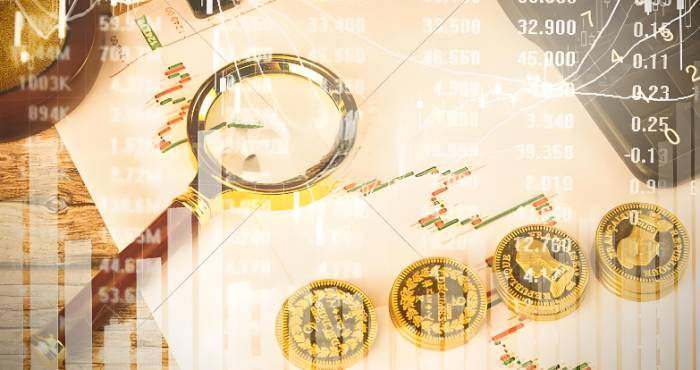
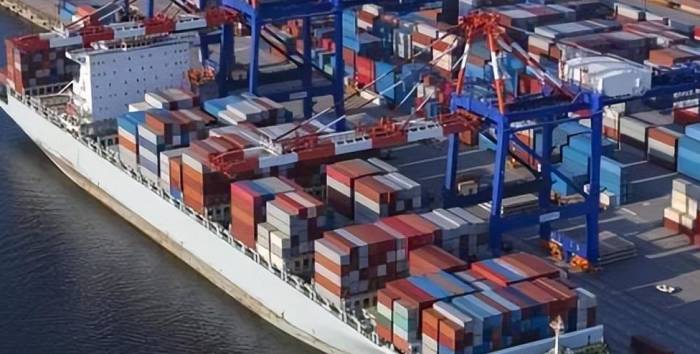
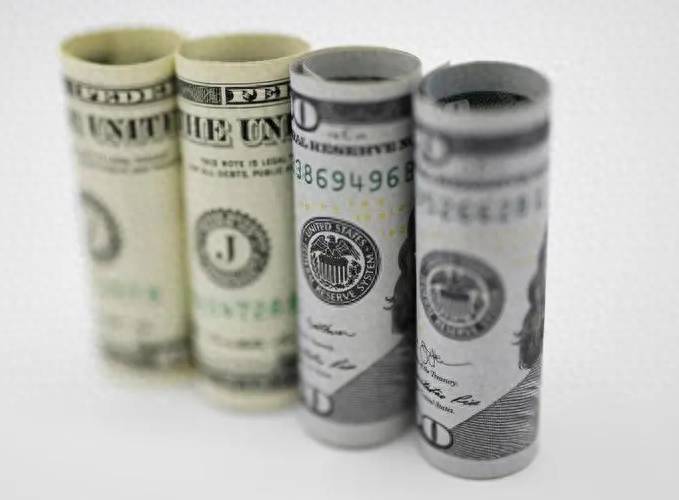

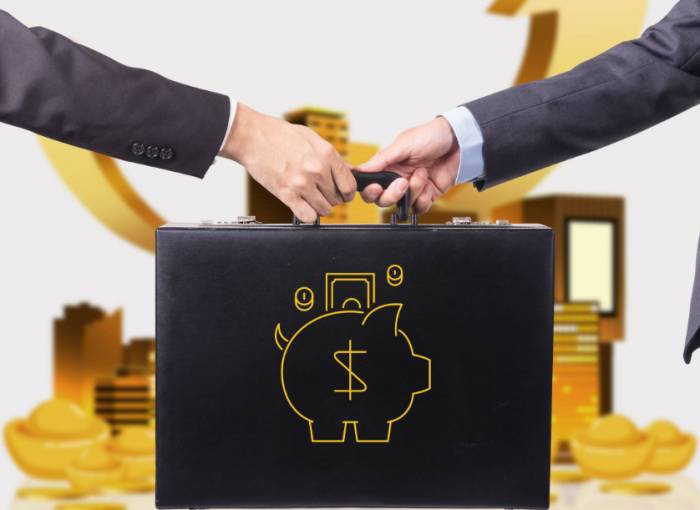

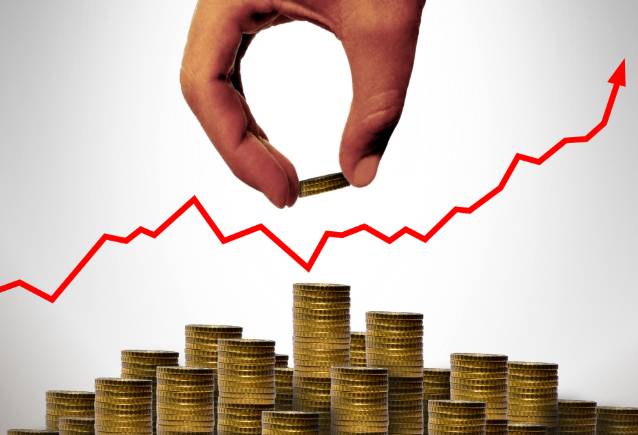
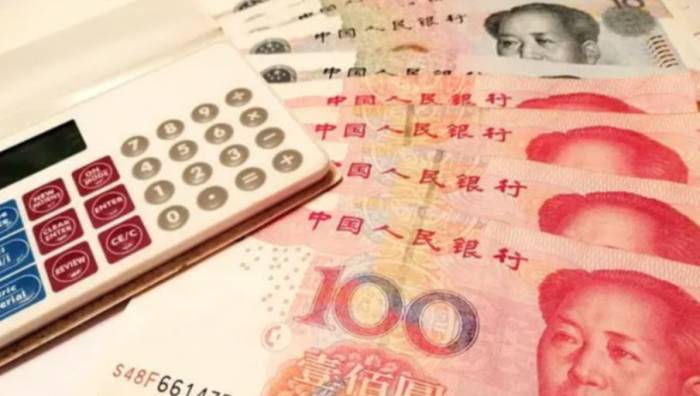

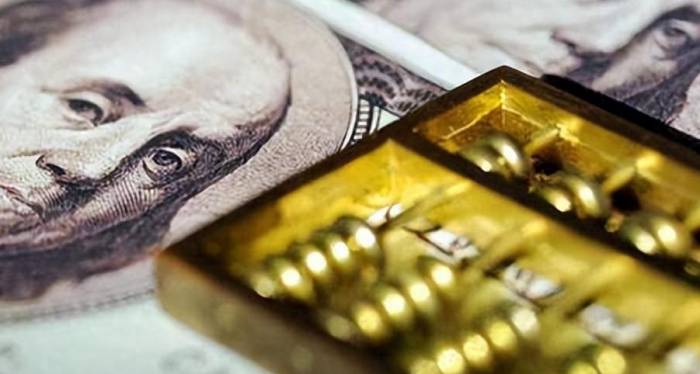

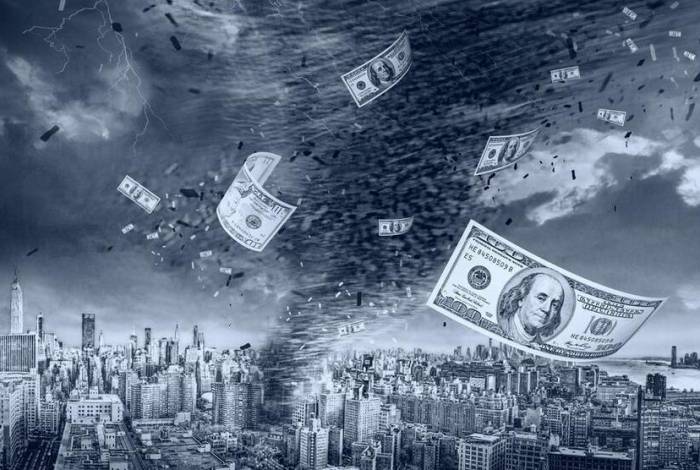



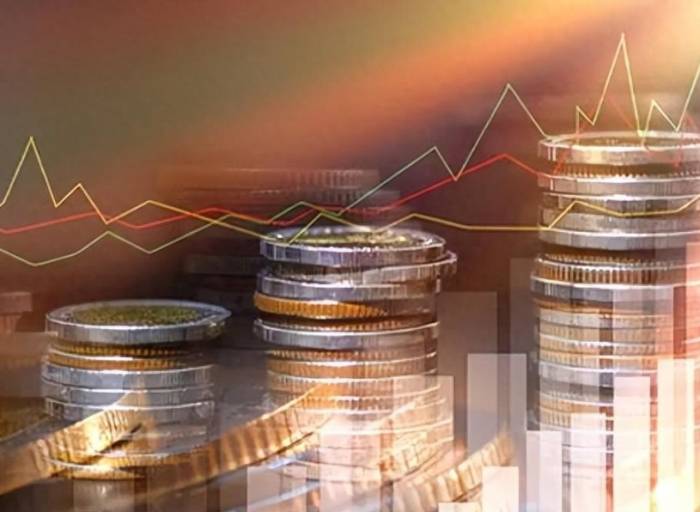
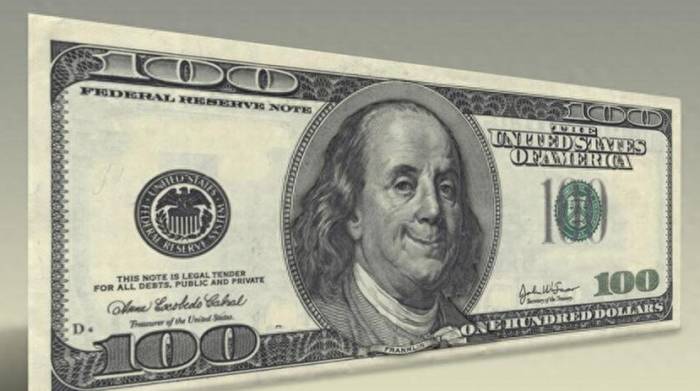

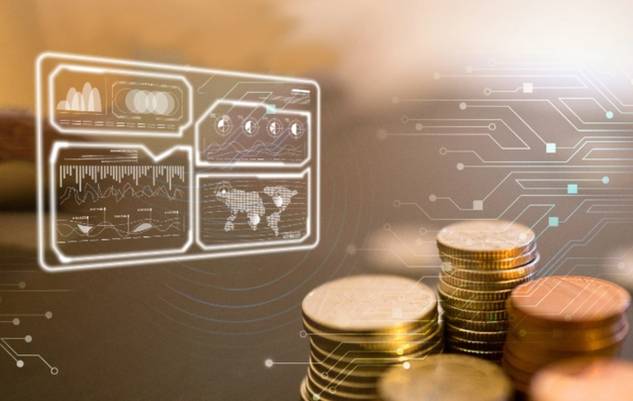
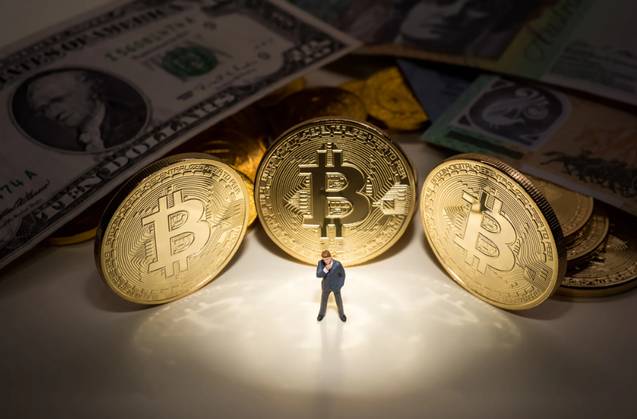

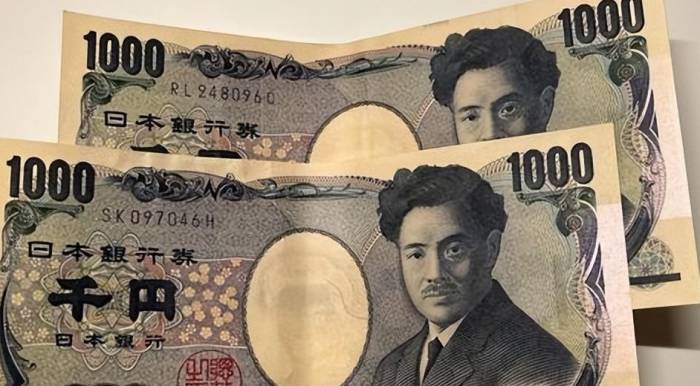






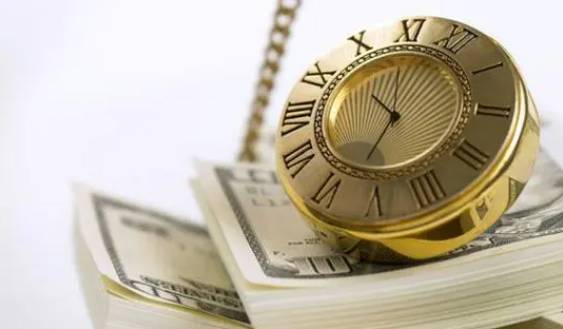

Leave a Comment